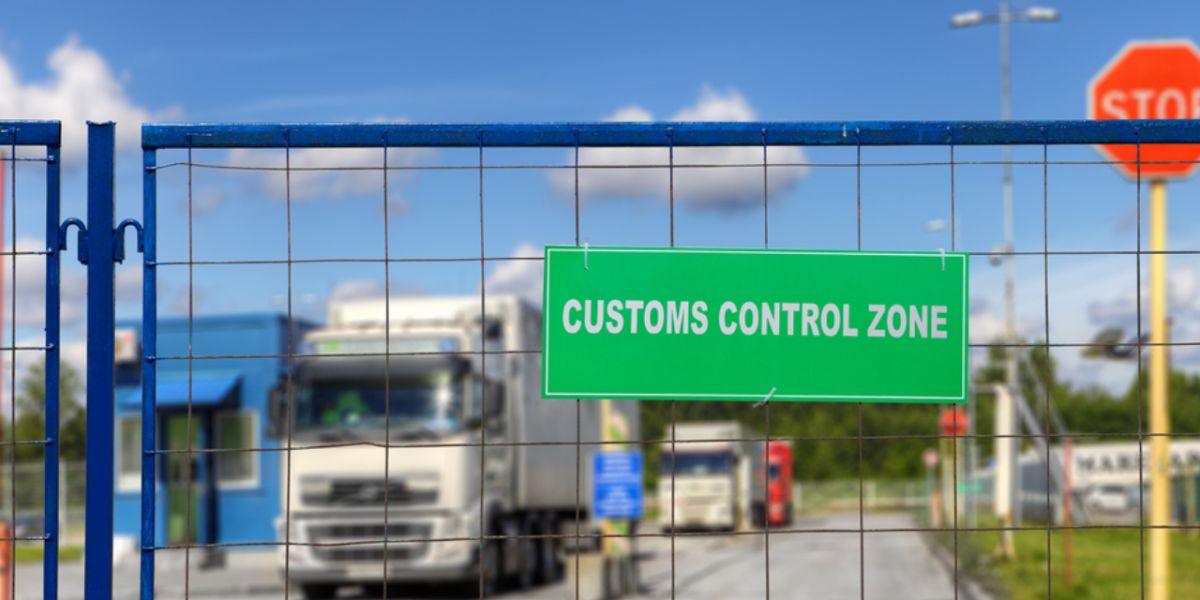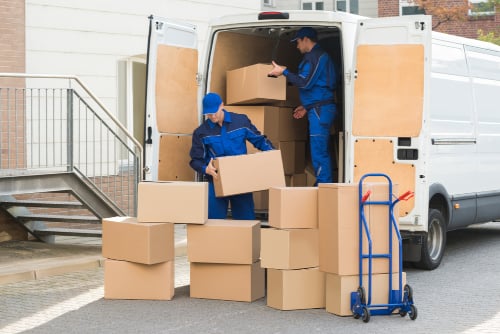
Australia takes biosecurity very seriously. Its geographic isolation provides some protection from harmful pests and diseases, but it can also leave the country vulnerable. Australia's rigorous biosecurity system is in place to protect the island nation's unique wildlife and agriculture; therefore, there are significant restrictions on what you can bring into the country.

Going through Australian customs: dos and don'ts
When traveling to Australia, you will be given an Incoming Passenger Card on your flight or ship prior to arrival. This document must be completed in English and submitted to an Immigration official. On the card, you will indicate to the Australian Border Force the items you are importing into the country, and you must answer the questions honestly and accurately.
When entering Australia, there are certain items that you are allowed to bring in for personal use and consumption. These items generally include personal effects — essential items you need for a trip, such as clothes, grooming products, and personal electronics. You are also allowed to bring in medications for personal use, but there are restrictions. Your medicine must be labeled appropriately, you must have a doctor's letter for your prescription, and you must declare it upon arrival.
Small quantities of commercially packaged and non-perishable food items, such as snacks or canned goods, are usually permitted for personal consumption, although these should be declared to customs. The Australian Border Force has a helpful list of food items that you are allowed to import, along with information on whether you need to declare them. You are also permitted to bring in limited quantities of duty-free alcohol and tobacco for personal use. The limits may vary, so it's essential to check the specific allowances and any applicable duties or taxes.
It's important to note that even if an item is allowed for personal use, you may still need to declare it upon arrival. If you are carrying AUD 10,000 (USD 6,518) or more (or the equivalent in foreign currency) in cash, traveler's checks, or money orders, you must declare it. Homemade food from your kitchen cannot be brought into the country, nor can fresh fruit, including apples, oranges, and mandarins.
If you are unsure of anything, it is best to declare it. Items that you do declare are assessed by a biosecurity officer. However, there is also the possibility that your bags may be inspected even if you don't declare your items. Officers also use detector dogs and X-rays to detect prohibited items. You can be fined or prosecuted for providing false or misleading information, so if you are unsure, please declare.
It goes without saying that dangerous and illegal items should not be brought into the country, for instance, firearms, compressed gases, weapons, and illegal drugs. So, make sure you fully understand Australian border control measures in advance to avoid being caught off guard at the airport.
Important:
Your luggage may be inspected even if you do not declare any goods. You must declare or dispose of any goods that pose a biosecurity risk before the inspection. If you provide false or misleading information to a Biosafety Officer or on your Incoming Passenger Card, or if you fail to answer questions about the goods, you may be fined (fines vary depending on the severity of the offense), be subject to civil action and/or prosecuted for a criminal offense.
Customs offenses are calculated in penalty units, a monetary measure used to determine the total cost of fines. As of November 2024, the value of a penalty unit in Australia was AUD 330 (USD 215). This means that the maximum fine for an offense can be calculated by multiplying the number of penalty units applicable to that offense by AUD 330 (USD 215).
Duty-free items in Australia
Ensure you are familiar with the duty-free guidelines in Australia to avoid any misunderstandings when clearing customs. Make sure you don't exceed the duty-free allowances, and keep in mind that airlines may have specific rules regarding what can be carried in your luggage or on board the plane.
Duty-free limits
- Adults — general goods AUD 900 (USD 587)
- Children — general goods AUD 450 (USD 293)
- Alcohol — 2.25 liters
- Tobacco — 25 cigarettes or 25g of tobacco
Great news for families! If you're arriving in Australia together, you can combine your individual duty-free concession limits. Just make sure you are all together when you are clearing customs. A family is defined as a person and their spouse and any of their children, or a person with their de facto partner (including same-sex couples) and any child under 18 years old. For instance, a family of two adults and two children has a combined duty-free allowance of AUD 2,700 (USD 1,760).
Penalties for non-declaration in Australia
When in doubt, it's best to declare your goods. Penalties may apply if you fail to declare items that you should have declared.
And if you exceed your duty-free allowance for general goods, you'll be required to pay duty on the entire value, not just the excess. The same applies to alcohol and tobacco/cigarettes.
For a more detailed explanation of duty-free concessions, please refer to the Duty-Free Concession Guidelines.
Useful links:
For a complete list, check here: Can you bring it in?
For more details, visit the Department of Agriculture, Water and the Environment
We do our best to provide accurate and up to date information. However, if you have noticed any inaccuracies in this article, please let us know in the comments section below.








